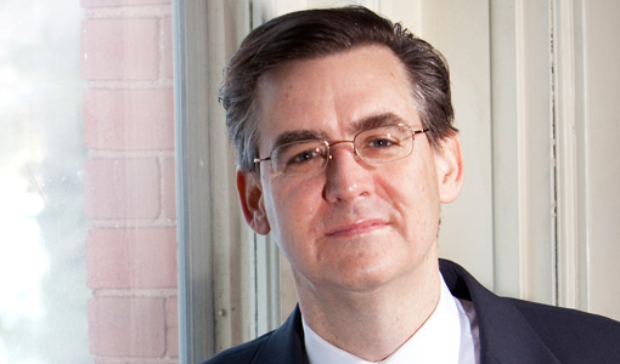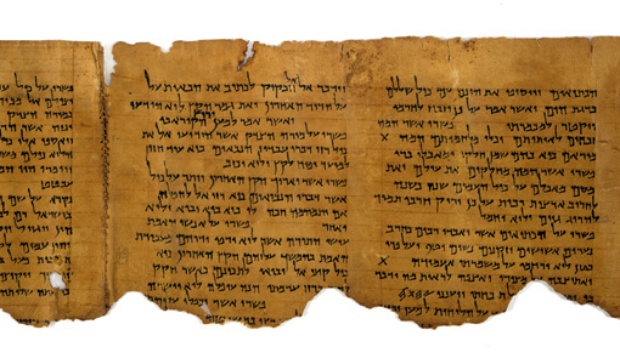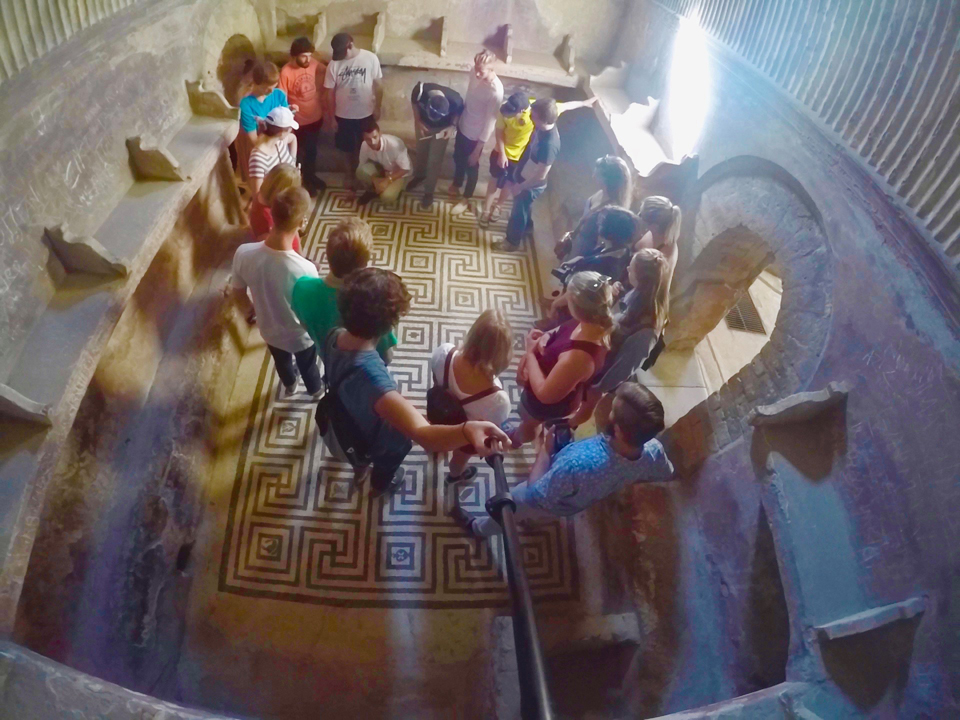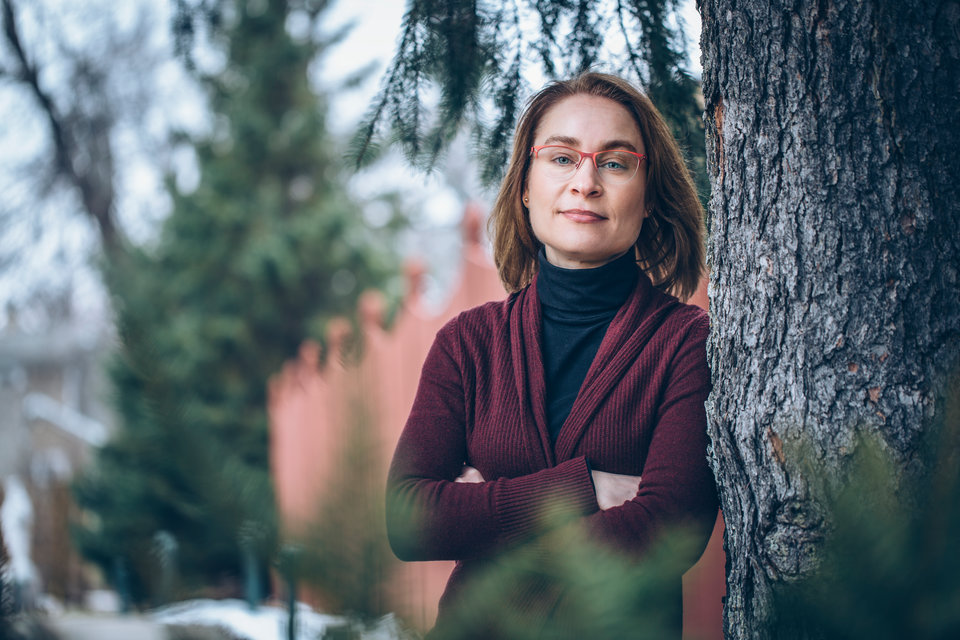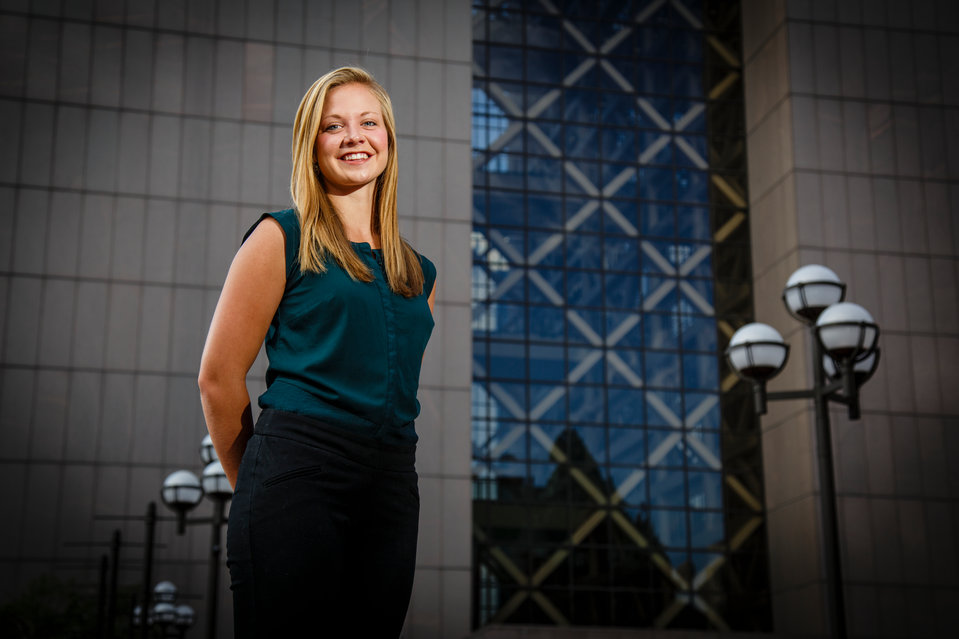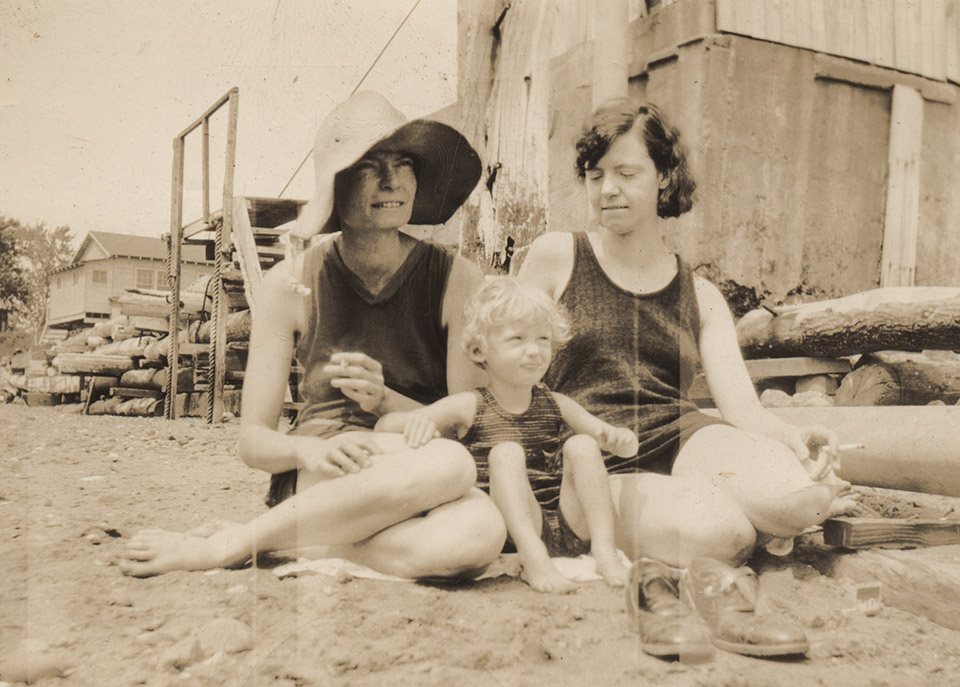Harold Slawik, founder and partner at New Counsel P.L.C. in Minneapolis, is a member of the College of Arts and Sciences Board of Advisors and has been very active in helping to move forward a new civil discourse initiative in CAS. In January he sat down to talk with Dean Marisa Kelly.
Harold, you were an undergraduate student in the late '70s and early '80s and you majored in philosophy. What led you to that major? It was actually a theology professor: Father Roy Lepak. He taught the introductory theology course, but it included a great introduction to Thomas Aquinas' philosophy. I found it fascinating, especially discussions about substance and the levels of human knowledge. I took some introductory philosophy courses and loved them. The philosophy faculty were wonderful, and they had a following on campus.
What have you been doing since you left St. Thomas? After St. Thomas, I went to law school and practiced law with a small firm in St. Paul. I gravitated toward business and real estate law. In the early '90s, I had several clients in high technology, and I became fascinated by what was happening in the Silicon Valley. I didn't hesitate when I had the opportunity to take a corporate position with one of them. In 1996 I moved to California to join Diba, a high-profile embedded software systems company. We created some great technology and sold the company to SunMicrosystems. I worked for Sun for a little while (my only experience in a large corporate environment). I found it relatively easy to succeed after the startup environment – keep your head down, work hard and stay out of office politics.
I didn't stay there long because another start-up company opportunity came along. This was 1998 to 2000 and the investment capital was flowing freely. The company was Niku, which provides software applications for professionals. We had a very successful initial public stock offering (IPO) in 2000, about a week before the selloff started.
Then my wife, Sharon, and I had the itch to come back to Minnesota. (Sharon's a "Katie," by the way. We met, of course, at a freshman dance.) We have three children. We put the first one through high school in California, but Minnesota was, for us at least, a better environment for raising our younger kids. When we moved back, I established a small law firm serving IT companies, and that is what I am doing today.
What an interesting career path. Would you have imagined when you were a philosophy major at St. Thomas that this would be your future? No way. As a philosophy major, I heard dozens and dozens of times, "What are you going to do with that?" I didn't have a good response for a long time. But I am so appreciative of my background. Philosophy was very useful on the job, most importantly because I always felt I had the ability to look at a problem, determine the critical elements and figure it out. Of course, that stems not just from my philosophy degree but also from my broader liberal arts training.
You have been a member of the CAS Board of Advisors for almost three years and in that capacity you have been a big supporter of our new civil discourse initiative. Is there anything in your experience as an undergraduate student at St. Thomas that helps to explain why you feel so strongly about this topic? I think so. As philosophy majors, we studied formal logic and that teaches you humility about what it is possible to know with any certainty. If you recognize going into a discussion what you can know and what you cannot, in any rigorous sense, then I think it helps. That helps you to understand that no matter how sure you are, there is the possibility that you are wrong.
Of course, civil discourse is broader than that. I think there are two parts to the concept. First, it involves simply having respect for the dignity of other people and using good manners as a result. Second, a "discourse" should involve an objective, something we are trying to work toward together. If we can agree on an objective and agree to work together to arrive at some sort of conclusion and do so in a respectful way, then there is the possibility of progress.
This initiative is multifaceted and includes the Public Discourse Lecture Series, the establishment of an Endowed Chair in Civil Discourse and associated curricular elements. As a supporter, what do you hope to see as a result? For me, the best long-term result would be to foster a way of being on campus that spills out into the community and says, "they do things differently at St. Thomas." We want that to be both the perception and the reality. You can hardly go a day without an example in the news that demonstrates why this is important.
Are there ways that you see other alumni being able to connect with this initiative, and if so, what are they? I think alumni and members of the community will be drawn in. The issue has a natural appeal. Civil discourse is countercultural. The idea is very much in the tradition of our patron St. Thomas, and it strikes me as something really worth getting behind. Of course, we certainly need the financial support of our alumni and friends as we work to establish the endowed chair.
Read more from CAS Spotlight
